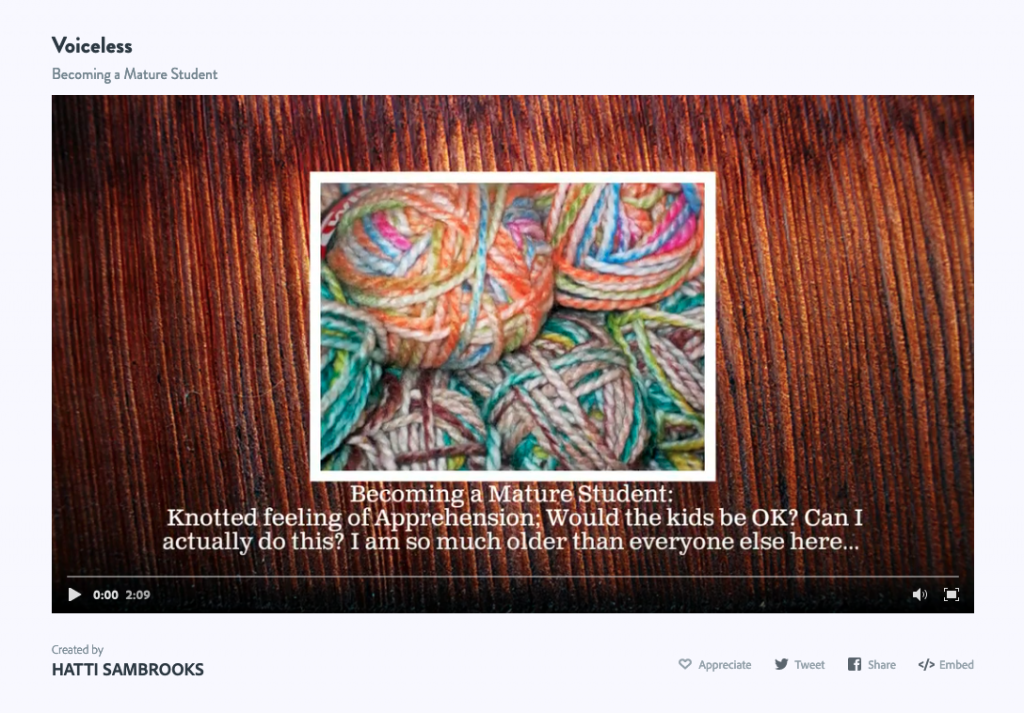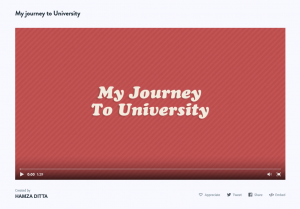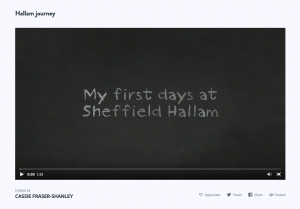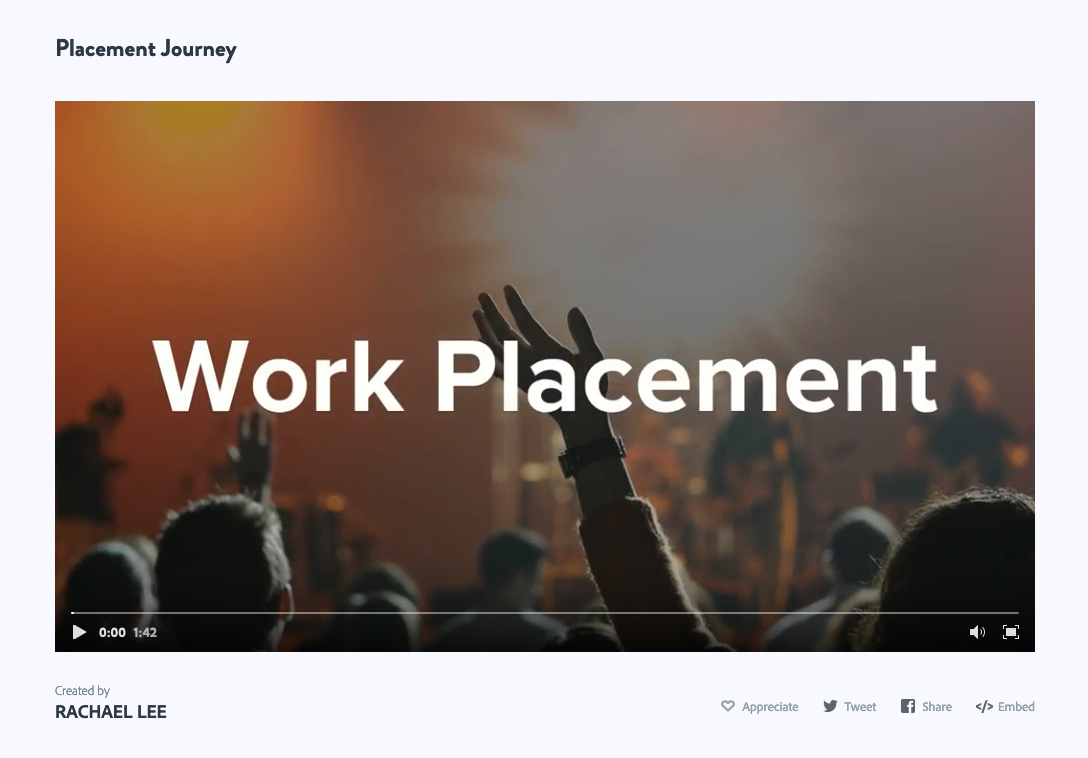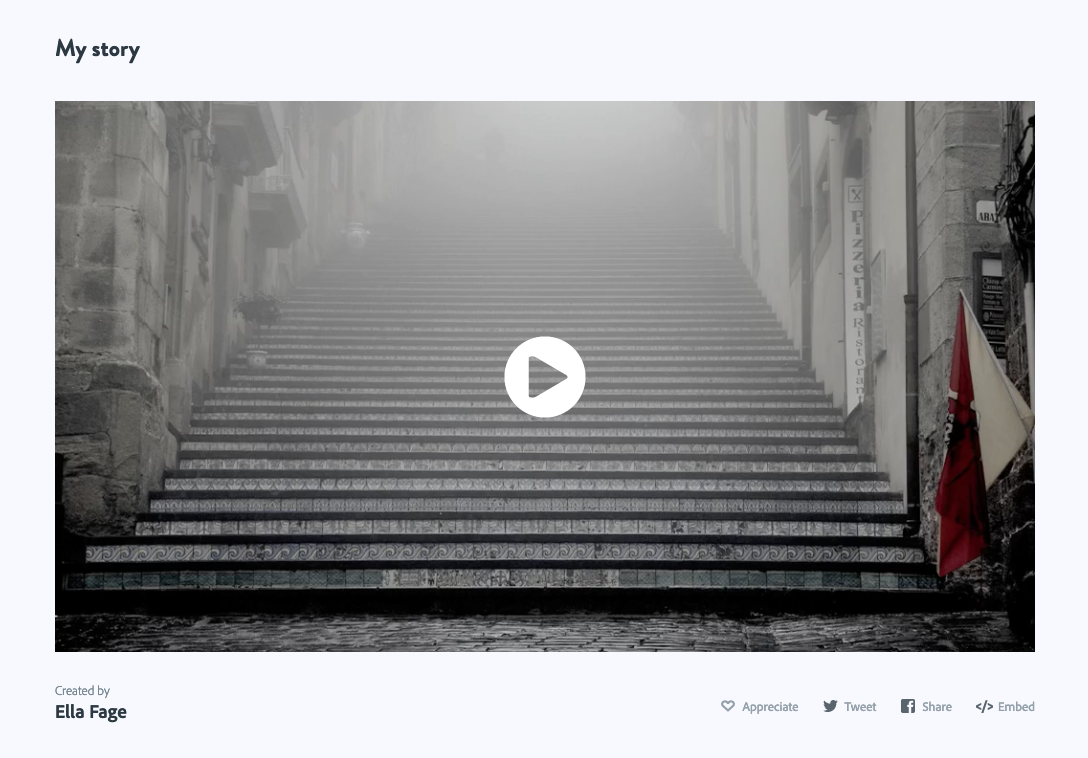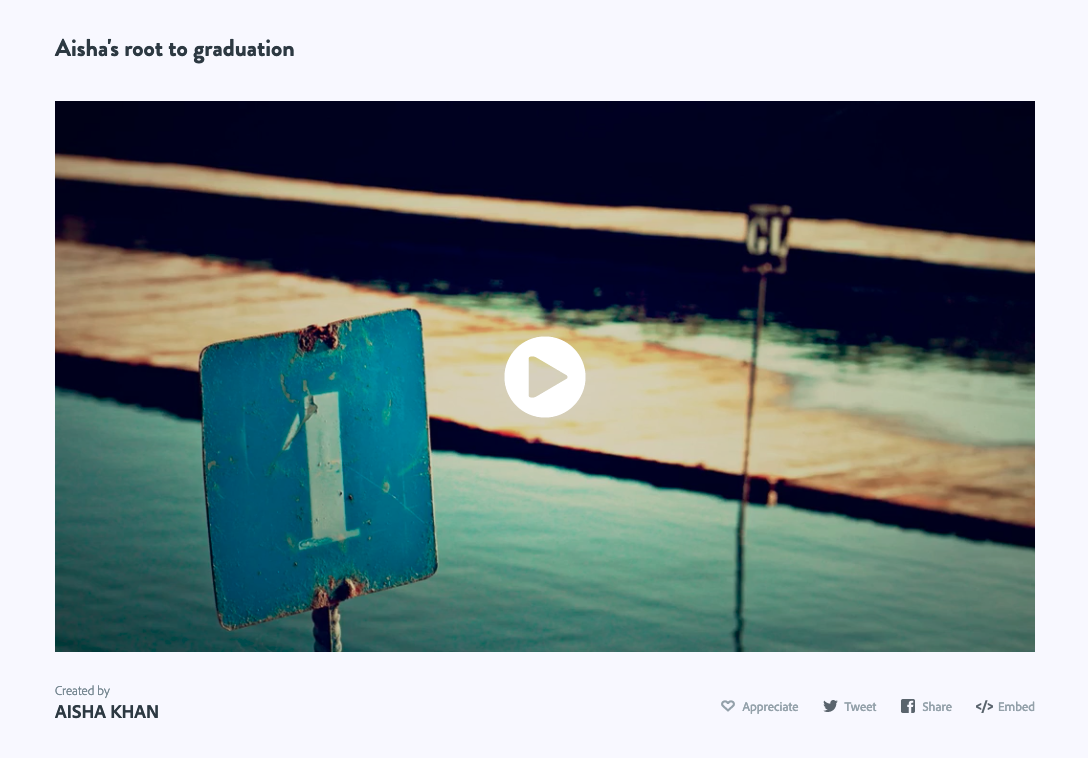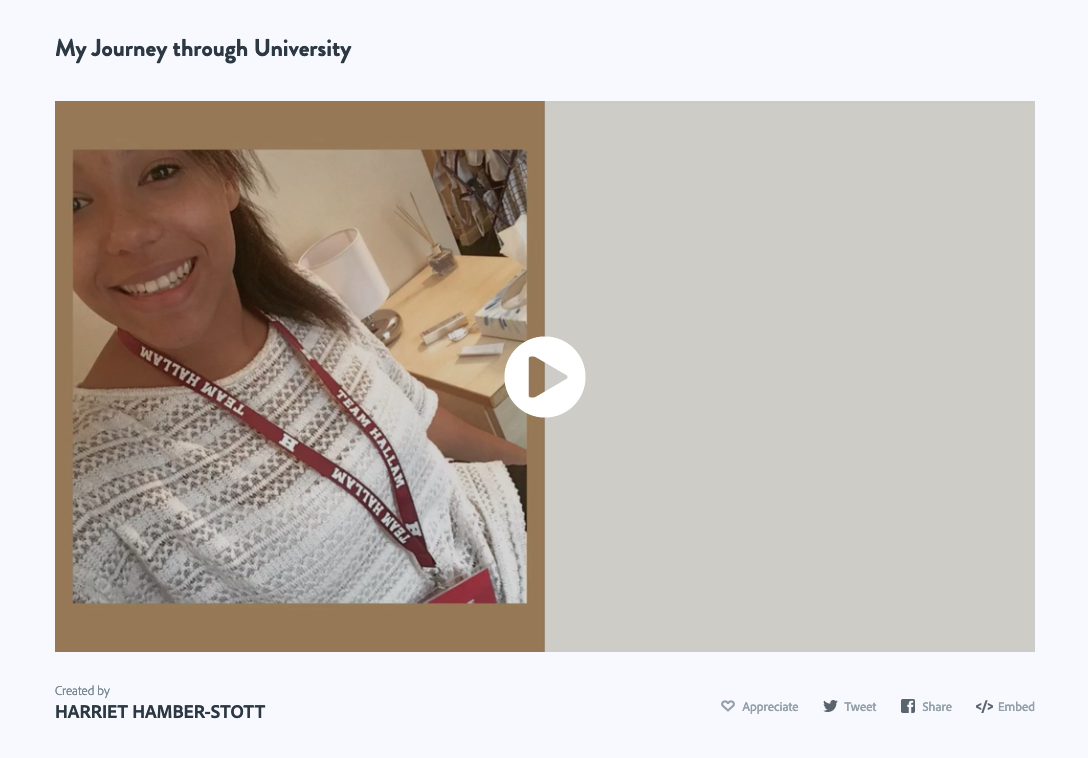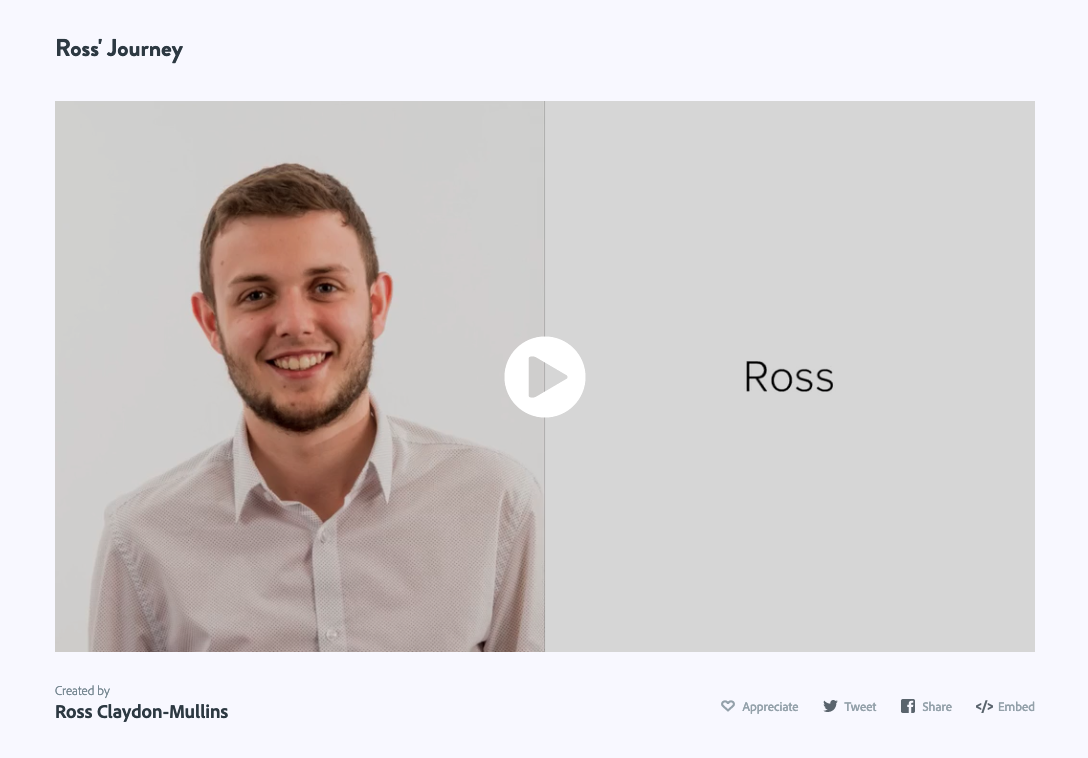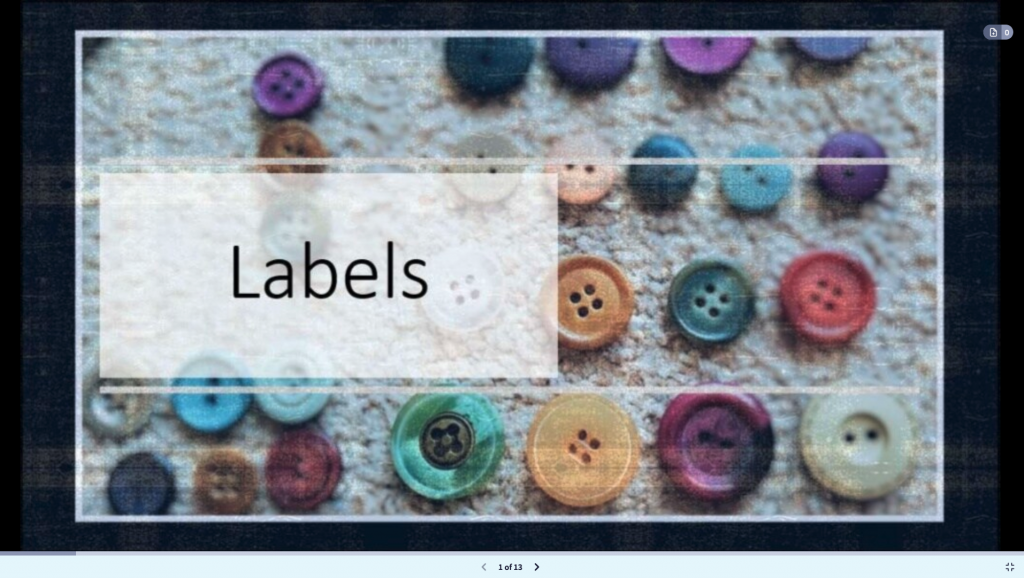‘The Do’s and Don’ts of Digital Storytelling’
This guide, titled ‘The Do’s and Don’ts of Digital Storytelling’, has been produced by Liz Austen and Stella Jones-Devitt which can support the production and use of digital stories for behavioural and/or cultural change. This was produced as part of the ‘Observing the Observer’ research funded by the Leadership Foundation (Advance HE).
Additional resources
- Our series of webinars for QAA Scotland on Using evidence for enhancement
- How to guide (docx)
- Ethical checklist (docx)
- More on Digital Storytelling
How to use these stories
Digital storytelling has become a mechanism for capturing student and staff voices at Sheffield Hallam University and is approached as an innovative research methodology. Ethically, it is important that these stories have impact and they are used to facilitate reflections, discussions and eventual change at local or organisational level. Current research projects and institutional outputs now include both student and staff voices. A library of digital stories is available. All storytellers have given their consent for these stories to be publicly available.
View all the stories captured to date:
Student Voices
Staff Voices
Digital Storytelling Transitions from Study into Employment: Experiences of Graduate Interns 2021-2022
Abstract
More information can be found on the blog post.
Observing the Observers: Using Digital Storytelling for Organisational Development Concerning ‘Critical Whiteness’ (2018)
Abstract
This project tested the use of digital storytelling in several ways: as an intervention for engaging in difficult conversations about positive cultural and behavioural change; as a method of data collection; as an innovative way of sharing evidence and expertise. The project focusses on the discussion of ‘critical Whiteness’ within organisational development. Previous research by the project leaders concluded that a lack of discussion about critical Whiteness and subsequent impact on possible curriculum change might create barriers to addressing the Black and Minority Ethnic (BME) attainment gap (Jones-Devitt et al. 2017). Consequently, approaches that address implicit bias often focus on individual rather than organisational responsibility for change, resulting in minimal acknowledgement of critical Whiteness, per se. An exploration of critical Whiteness is an important and overlooked area of positive cultural and behavioural change within organisations. This project collected and analysed data from one higher education institution and developed a digital practice guide to support the development of further work across the sector.
REACT “Lessons Learnt” – research output from a SHU project which aimed to reduce the BAME attainment gap (2017)
Abstract
This digital story documents the ‘Creation and confidence’ initiative at Sheffield Hallam University which has a large BME attainment gap; this student group has been constructed as ‘hard to reach’. The project team consisted of a range of academic and professional services staff alongside three student researchers. The project set out to achieve: gaining evidence-based insights into the use of co-design and peer-learning as conduits of confidence-building and belonging of BME students; developing a scalable approach to building confidence and fostering belonging of all students; raising awareness of the need to think differently about explanations of BME underachievement. The team found that the biggest barrier concerned staff engagement as – no matter how much evidence was presented – other facets of institutional provision were identified as having priority, resulting in inertia. Considerable emotional labour was expended in trying to elicit change within a resistant culture. Despite this, there have been some very positive developments and enlightening lessons.
More information can be found on the REACT website and in our collection of publications.
close

